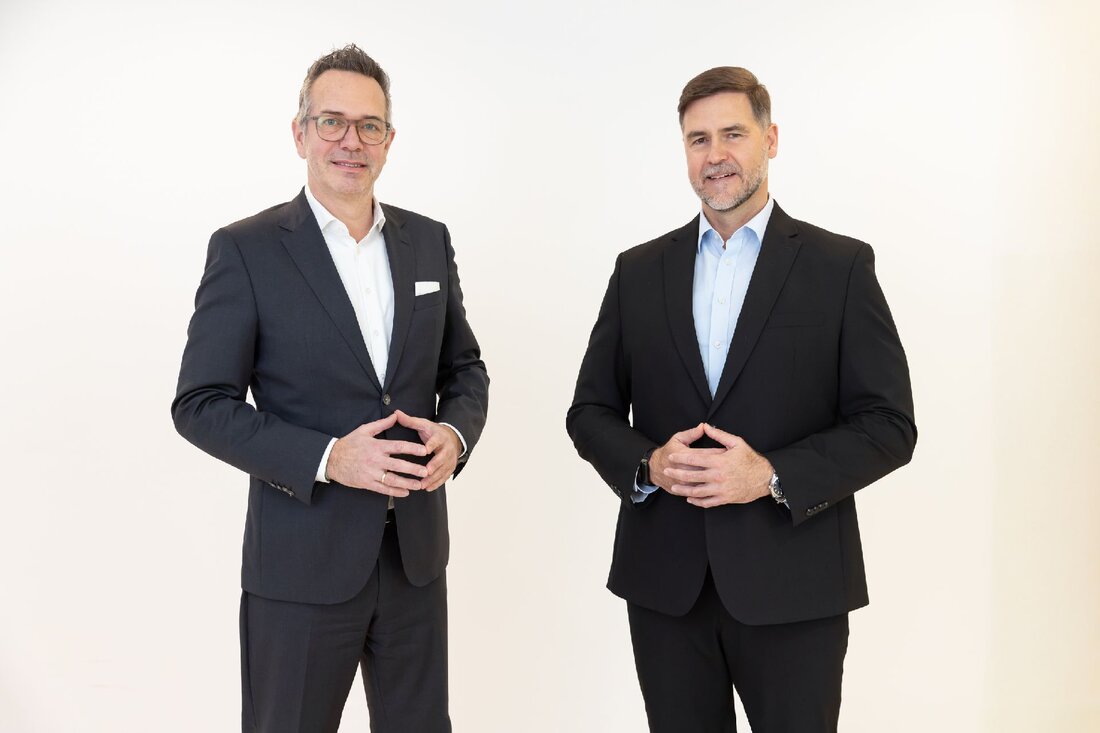Milestone for BMW plant Steyr
For the first time in the history of the BMW engine plant in Steyr with its 4,900 employees, series production of a fully electric drive is starting.

Milestone for BMW plant Steyr
With investments of around one billion euros from the start of the project in 2022 to 2030, the BMW Group is expanding its e-mobility location. The plant in Steyr remains the heart of the BMW Group's drive expertise - with openness to technology, innovative strength and regional added value. The start of series production took place in the presence of the Federal Chancellor Christian Stocker, the Federal Minister of Economics Wolfgang Hattmannsdorfer, the Governor of Upper Austria Thomas Stelzer, as well as the Economic State Councilor of Upper Austria, Markus Achleitner, and the Head of Production at BMW AG Milan Nedeljković.
Setting the course for the future
The electric motor for the sixth generation of the BMW eDrive (Gen6) is the first fully electric drive to be manufactured at the Steyr site. From there it is delivered to the global production network and powers the new class. "Three years ago we announced that we would build this electric motor in Steyr. Today we are delivering - and we are proud of that," says Klaus von Moltke, Managing Director of BMW Motoren GmbH. “What starts here is more than just a production start – it is a clear commitment to the region and to Europe, to technology, to the future.” New halls were built and existing ones were converted. Rotors, stators, gearboxes, inverters and housings – all core components are manufactured and assembled in-house. The company plans to keep the number of employees at the location constant in the long term. Entering the production of electric drives opens up new perspectives in alternative drive technologies for many employees. By 2030, half of the entire workforce at the Steyr location could be working in e-mobility - depending on how global demand develops. Klaus von Moltke: “Steyr remains the heart of drive expertise – for combustion engine and electric mobility alike.”
20 percent efficiency gain
For example, if you compare the new BMW iX3 50 xDrive - the first model in the new class - with a Gen5 xDrive model, the following improvements can be seen in the electric motor: "Energy losses have been reduced by 40 percent, costs have been reduced by 20 percent and the weight has been reduced by 10 percent. All of this makes a significant contribution to us achieving an increase in efficiency of up to 20 percent in the entire vehicle," explains Martin Kaufmann, head of global drive development at BMW AG. The efficient design of the drive, together with the high energy content of the high-voltage battery, enables the future BMW iX3 50 xDrive to have a range of up to 800 km according to WLTP. Helmut Hochsteiner, head of electric drive production at the BMW Group plant in Steyr, explains what this means for production: "New manufacturing processes are used for the new electric drive. Their implementation in practice requires perfect planning, experience and competence - which is why both the initial industrialization of the components and the entire drive are carried out in-house. A special highlight: With the production of the inverter, we are entering the field of electrical engineering in Steyr - for the first time in the entire BMW Group."

 Suche
Suche
 Mein Konto
Mein Konto